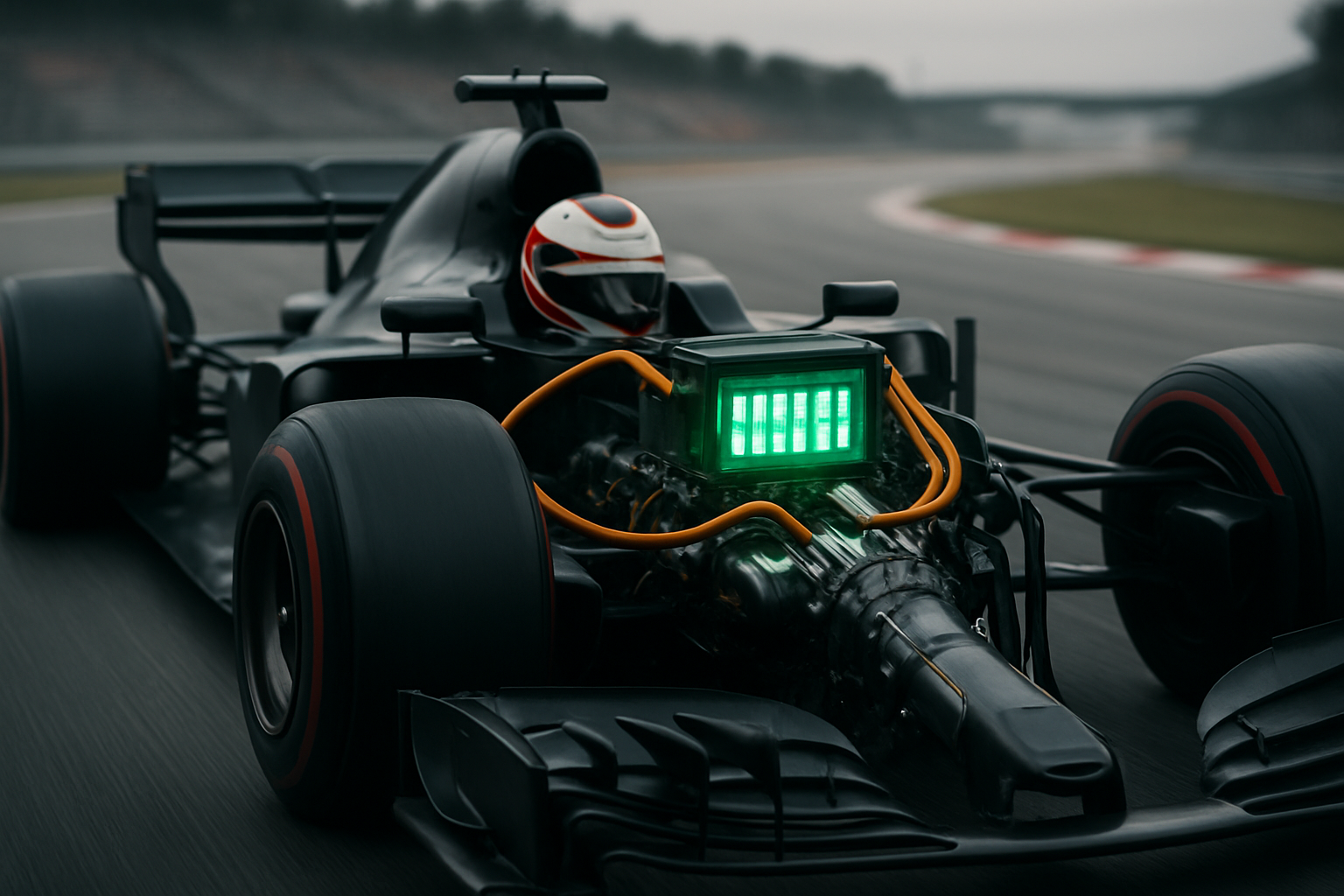Hydrogen-Powered Racecars: The Future of Motorsport
In the high-octane world of motorsport, a new contender is revving up to revolutionize the racing landscape. Hydrogen-powered racecars are emerging as a thrilling fusion of cutting-edge technology and sustainable performance. As the automotive industry grapples with environmental concerns, this innovative approach promises to deliver heart-pounding excitement on the track while dramatically reducing carbon emissions. But can hydrogen truly become the fuel of choice for tomorrow's racing champions?

Engineering Challenges and Innovations
Developing a hydrogen-powered racecar presents unique engineering challenges. The fuel cells must be compact yet powerful enough to deliver the explosive acceleration and sustained high speeds required in motorsport. Engineers have made significant strides in optimizing fuel cell efficiency, with some prototypes now capable of producing over 650 horsepower. Additionally, innovative storage solutions have been developed to safely contain hydrogen at high pressures, addressing concerns about the volatile nature of the fuel.
Performance on the Track
Early skeptics questioned whether hydrogen-powered racecars could match the performance of their gasoline-fueled counterparts. However, recent test runs and exhibition races have silenced many doubters. These vehicles have demonstrated impressive acceleration, reaching speeds of over 300 km/h on straightaways. The instant torque provided by electric motors, coupled with the continuous power generation of fuel cells, allows for sustained high-performance throughout a race, potentially outpacing traditional engines in endurance events.
Safety Considerations
Safety is paramount in motorsport, and hydrogen-powered racecars have undergone rigorous testing to ensure they meet and exceed current standards. Advanced sensors and shut-off systems have been implemented to detect and prevent hydrogen leaks. The fuel tanks themselves are constructed from ultra-durable materials designed to withstand high-impact collisions. While some concerns persist, proponents argue that hydrogen can be as safe as, if not safer than, conventional racing fuels when proper protocols are followed.
Environmental Impact and Sustainability
The most compelling argument for hydrogen-powered racecars lies in their potential to dramatically reduce the carbon footprint of motorsport. With water vapor as the only emission, these vehicles offer a path to carbon-neutral racing. However, critics point out that the production of hydrogen itself can be energy-intensive and potentially polluting if not sourced from renewable energy. As a result, the motorsport industry is investing in green hydrogen production methods, including solar and wind-powered electrolysis, to ensure a truly sustainable fuel cycle.
The Road Ahead: Challenges and Opportunities
While hydrogen-powered racecars show immense promise, several hurdles must be overcome before they can dominate the racing circuit. Infrastructure remains a significant challenge, with few racetracks currently equipped to handle hydrogen refueling. The cost of developing and maintaining hydrogen-powered vehicles is also higher than traditional racecars, potentially limiting adoption in smaller racing leagues.
However, the potential benefits extend far beyond the racetrack. Motorsport has long served as a testing ground for automotive innovations that eventually make their way to consumer vehicles. The development of hydrogen technology in racing could accelerate advancements in fuel cell efficiency, storage solutions, and safety systems, paving the way for wider adoption of hydrogen-powered vehicles on public roads.
Shifting Perceptions and Fan Engagement
As with any major change in motorsport, the success of hydrogen-powered racecars will ultimately depend on fan acceptance. Initial reactions have been mixed, with some enthusiasts expressing concern about the loss of the iconic engine roar associated with traditional racing. However, proponents argue that the unique whine of electric motors and the futuristic appeal of hydrogen technology could attract a new generation of fans to the sport.
To engage audiences, racing organizations are exploring innovative ways to showcase the technology, including augmented reality displays that visualize the energy flow within the vehicles during races. These efforts aim to educate spectators about the benefits of hydrogen power while maintaining the excitement and spectacle of motorsport.
A New Era of Racing
Hydrogen-powered racecars represent a bold step into the future of motorsport, offering a tantalizing blend of high-performance and sustainability. While challenges remain, the rapid progress in this field suggests that we may soon see these vehicles competing alongside, or even surpassing, their fossil-fueled counterparts on the world’s most prestigious racetracks. As the automotive world accelerates towards a cleaner future, hydrogen power could well be the key to ensuring that the thrill of racing endures for generations to come, without compromising our planet’s health. The race to a sustainable motorsport future is on, and hydrogen is leading the charge.






